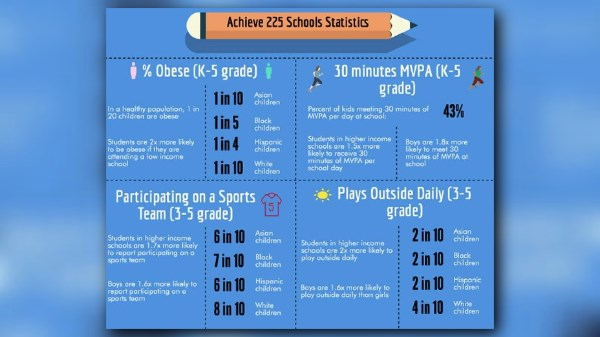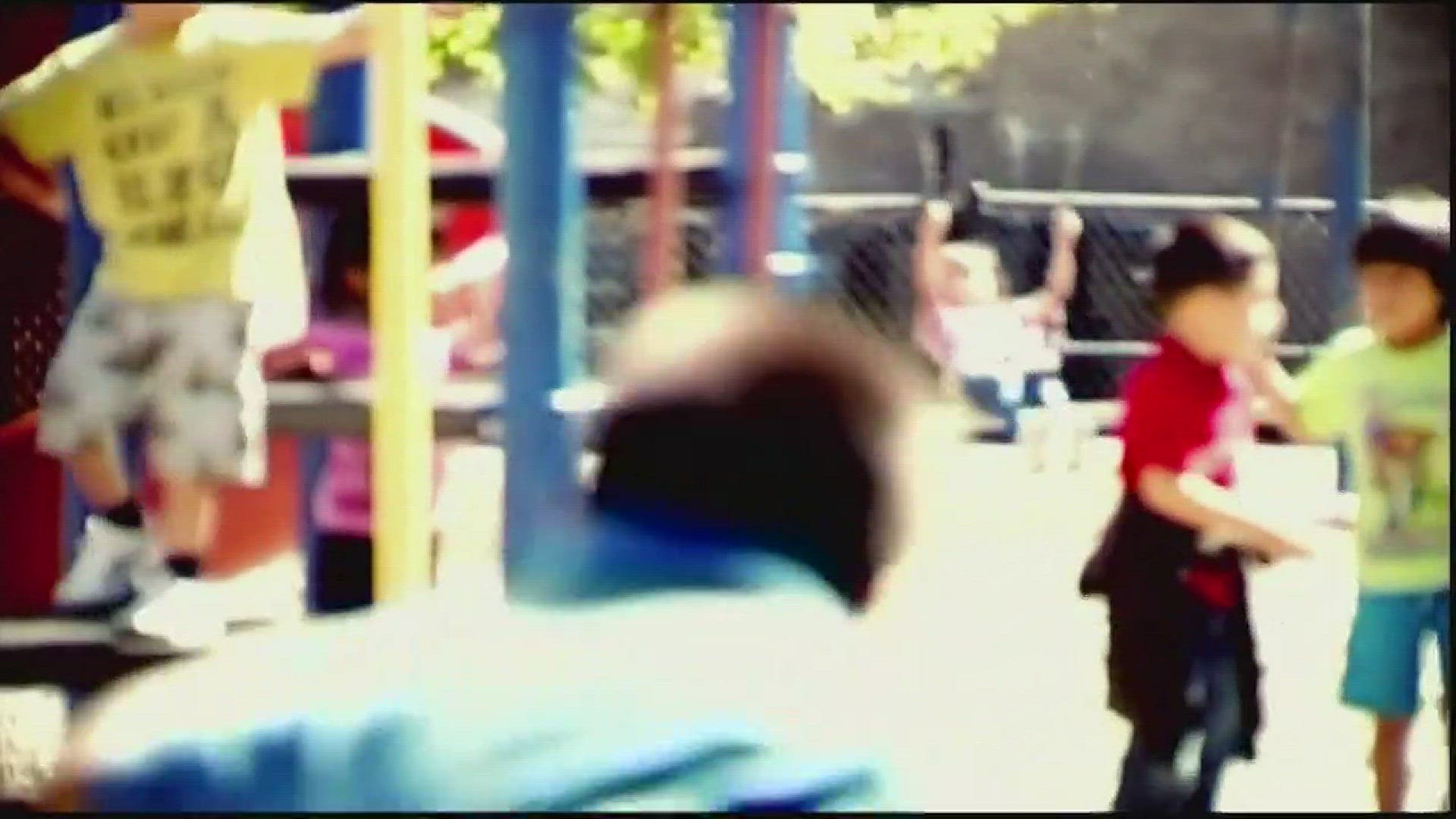CHARLOTTE, N.C. -- UNC-Charlotte researchers have just released the findings of a multi-year study into the health of all 17,000 Charlotte-Mecklenburg Schools elementary students.
Each student was tracked for months, using pedometers and nutritional monitoring.
The data shows that of all the students across 30 CMS elementary schools, the obesity rate was an incredible 17 percent. The expected rate among a healthy population of children is five percent.
“We're the only ones in the country who have looked at this many kids,” said UNCC Public Health professor Beth Racine, one of the study's leaders. “The state of North Carolina requires schools provide kids with 30 minutes of moderate to vigorous physical activity a day. We wanted to see if they're actually getting that and we found that most of them are not.”
Parents were surprised to learn the survey proved only 43 percent of the students met the 30-minute requirement.
“I am surprised, you look around the school and you don't see it,” said John Wisner, who has a second grader at Barringer elementary. “It's alarming, they should give the kids enough time to play.”
The study also found students aren’t getting that physical play time in at home, either.
“The recommendation is that they play outside seven days a week and very few were,” Racine explained.
The study was funded by a grant CMS received years ago.
It also showed discrepancies between gender, race, and family income. One in 10 white and Asian children surveyed classified as ‘obese,’ compared to one in five black children, and one in four Hispanic children.
Boys were 1.8 times more likely to meet the 30-minute physical activity requirement.
Students in higher income schools were also 1.5 times more likely to hit the 30 minutes.

Now the results can be used to advocate for more physical activity during the school day, and any funding needed to make it happen.
“We have to be really careful about monitoring the kids so they don't go in to that overweight obese range,” Racine said. “Because once they do it's really hard to bring them back.”
Racine says UNCC researchers are now going to compare the students’ physical activity with things like grades, absences, and suspensions to see if there’s a correlation.


